When it comes to our feline companions, nothing is more important than their health and wellbeing. That’s why selecting the best cat food is one of the most crucial decisions you’ll make as a pet owner. After all, proper nutrition affects everything from your cat’s energy levels to their coat quality and even their lifespan.
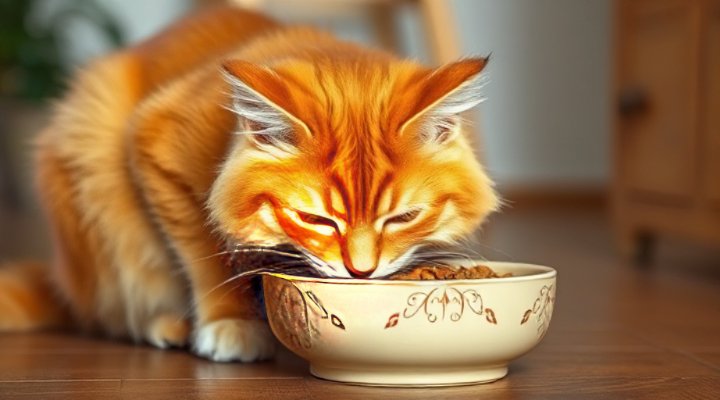
Understanding Your Cat’s Nutritional Needs
Cats are obligate carnivores, which means they require certain nutrients found only in animal products. Unlike dogs or humans, cats have specific dietary requirements that must be met for optimal health. For example, they need taurine, an essential amino acid that supports heart and eye health.
When I adopted my first cat, Whiskers, I made the mistake of assuming all cat foods were created equal. It wasn’t until he started experiencing digestive issues that I learned the importance of choosing high-quality nutrition. That’s when I began my journey to understand what truly makes the best cat food.
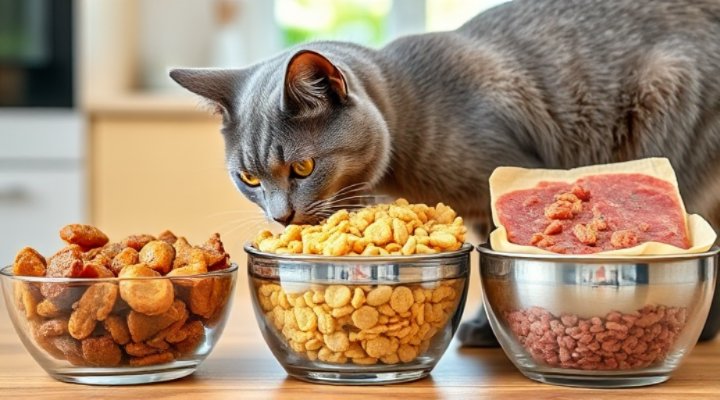
Types of Cat Food: Wet vs. Dry vs. Raw
There are three main types of cat food to consider:
- Wet food: Typically higher in moisture content and protein
- Dry food: Convenient and good for dental health
- Raw food: Mimics a cat’s natural diet but requires careful handling
Each type has its pros and cons, and many veterinarians recommend a combination approach. For instance, you might serve wet food in the morning and leave out dry food for grazing throughout the day.
If you’re interested in learning more about specialized diets, check out our article on Royal Canin Cat Food for Indoor Cats.
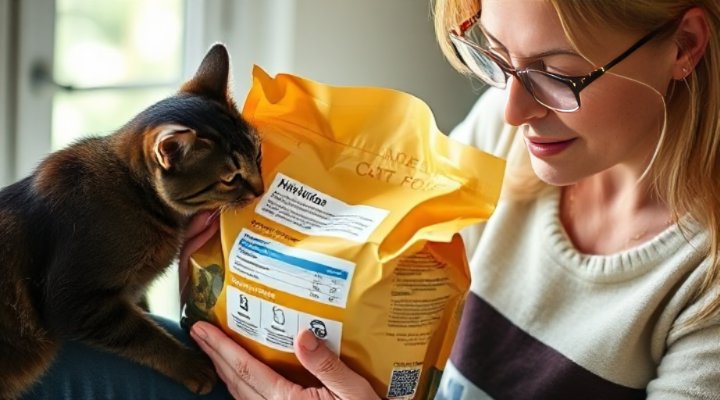
How to Read Cat Food Labels Like a Pro
Understanding cat food labels can feel like deciphering a secret code, but it’s simpler than you think. Here’s what to look for:
- The first ingredient should be a high-quality protein source (like chicken, turkey, or fish)
- Avoid foods with excessive fillers like corn, wheat, or soy
- Look for complete and balanced nutrition statements
- Check for AAFCO (Association of American Feed Control Officials) certification
Remember, just because a brand is expensive doesn’t necessarily mean it’s the best cat food for your particular feline. My neighbor’s cat, for example, thrives on a mid-priced brand but gets sick from some premium options.
For authoritative information on pet nutrition standards, visit the AAFCO website.
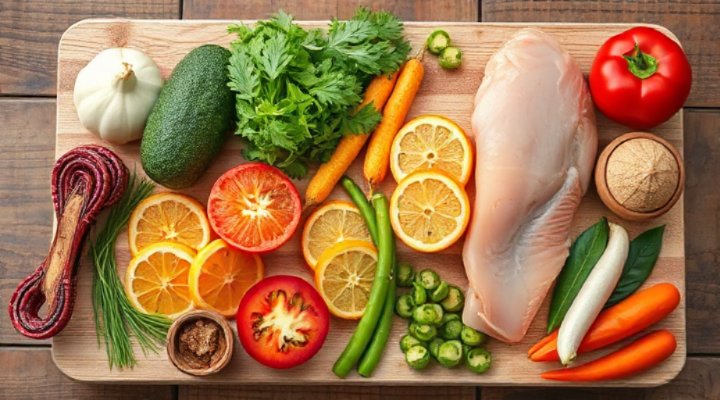
Special Dietary Considerations
Some cats have unique nutritional needs:
- Kittens: Require more calories and specific nutrients for growth
- Senior cats: May need joint support and easier-to-digest proteins
- Indoor cats: Often need fewer calories and hairball control formulas
- Cats with health issues: May require prescription diets
If you’re considering homemade cat food, be sure to consult with your veterinarian first. While it can be a healthy option, it’s easy to miss essential nutrients. Our guide on Healthy Homemade Pet Food offers some great starting points, though remember cats have different needs than dogs.
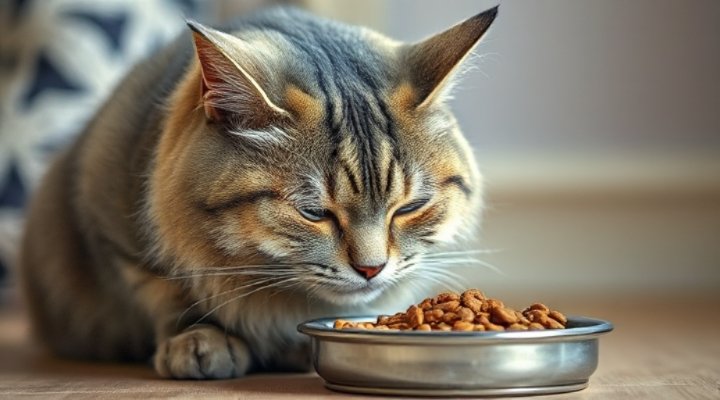
Transitioning to New Food
When switching to a new cat food, do it gradually over 7-10 days to avoid digestive upset. Start by mixing 25% new food with 75% old food, then gradually increase the ratio. Watch for any signs of intolerance like vomiting, diarrhea, or loss of appetite.
For more information on dietary transitions, the American Veterinary Medical Association offers excellent resources.
Final Thoughts
Choosing the best cat food is one of the most loving things you can do for your feline friend. While it might take some research and trial and error, the payoff—a happy, healthy cat—is absolutely worth it. Remember, every cat is unique, so what works for one might not work for another. Pay attention to your cat’s energy levels, coat condition, and overall wellbeing as you explore different options.
Related keywords: cat nutrition, healthy cat diet, premium cat food, grain-free cat food, best dry cat food, best wet cat food, senior cat food, kitten food
